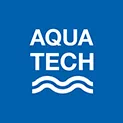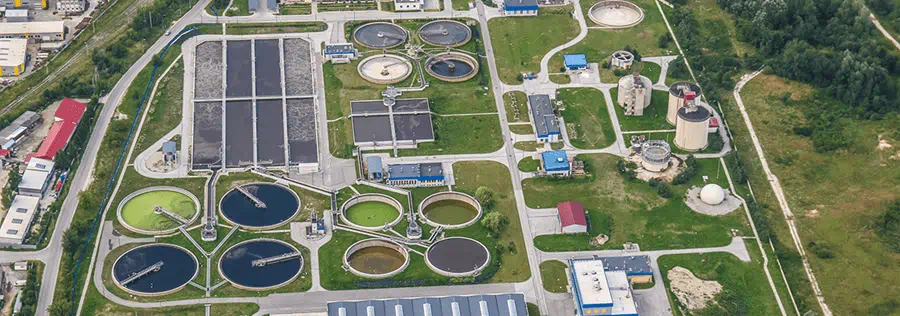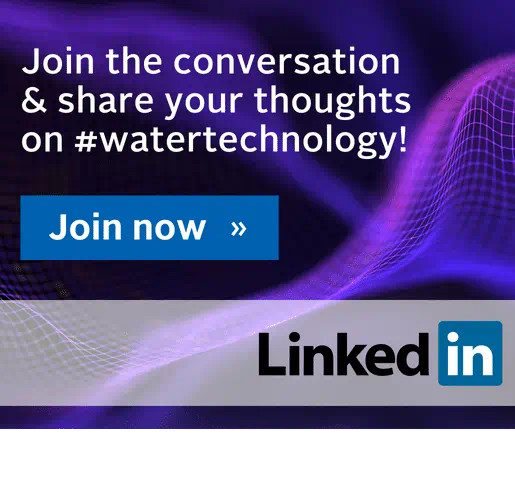A European mission to create value from waste
What is the ULTIMATE way to turn wastewater into a resource, as part of a circular economy?
Nine projects from the agro-food, petrochemical and biotech sectors across Europe have embarked on a mission to find out collectively.
A €16.6 million European Commission (EC) project called ULTIMATE is being coordinated by KWR Water Research Institute in the Netherlands.
Kick-starting this month, the initiative aims to create economic value and increase sustainability by valorising resources within the water cycle.
This includes recovering and reusing industrial and municipal wastewater, as well as extracting energy and nutrients.
Project demonstration examples
In total, nine large-scale demonstrations across Europe have been selected from the agro-food, petrochemical and biotech sectors.
In Italy, the Aretusa Consortium has the ambition to increase its annual water process capacity to four million cubic meters, by treating community wastewater from Tuscany.
In Scotland, the Glenmorangie whiskey distillery is setting out to extract up to 800mg/L ammonia for usage as fertiliser and to recover heat for use in the distillery processes.
Meanwhile, in Nieuw Prinsenland in the Netherlands, the horticultural demonstration site will take excess heat during the summer and then store and reuse it cover greenhouse heat demand during the wintertime.
Furthermore, the project aims to reuse the water and nutrients after treatment of the wastewater to remove pesticides and plant pathogens. The goal is to achieve zero wastewater discharge.
Mobilising a strong partnership
Organisations involved include Water Europe from Belgium, Exeter and Cranfield Universities from the UK, FCC Aqualia from Spain, SUEZ from France and X-Flow from The Netherlands, among others.
Called "Water Smart Industrial Symbiosis", the four-year Horizon2020 project falls under the EU Water in the Context of the Circular Economy programme.
Senior researcher Gerard van den Berg, coordinator of the ULTIMATE project from KWR Water Research Institute in the Netherlands, said: “We have mobilised a strong partnership of water utilities, industry, technology providers, business developers and applied research institutes. We aim to create economic and sustainability value by valorising resources from the water cycle.”







